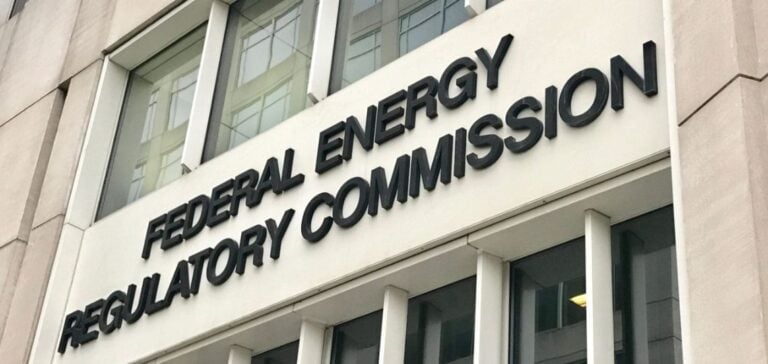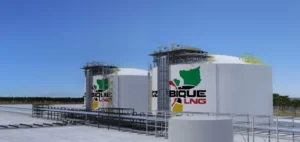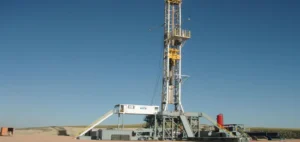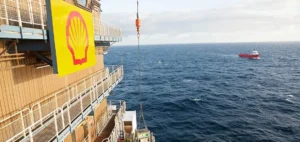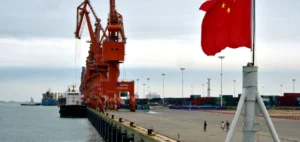An exceptional cold wave could seriously impact natural gas production in the United States in January, according to an alert issued by the North American Electric Reliability Corp. (NERC). With extreme temperatures forecasted in key production regions, approximately 30% of natural gas supply is considered at risk.
An electricity grid under pressure
Natural gas powers a significant share of U.S. power plants, particularly during periods of peak winter demand. Weather forecasts from AccuWeather predict a sharp drop in temperatures, notably in the Northeast and Appalachia, home to the Marcellus Shale production region.
Jim Robb, NERC president, warned that this situation could lead to power outages if supply chains are not secured. “Actions taken today could help us avoid the consequences of the winter storms of 2021 and 2022,” he stated in a message addressed to the entire energy sector.
Coordination still insufficient
Despite efforts by regulators to strengthen preparedness standards, coordination between the gas and electricity sectors remains inadequate. Standards developed by NERC and approved by the Federal Energy Regulatory Commission (FERC) have been slow to implement.
The National Association of Regulatory Utility Commissioners (NARUC) recently launched a forum on natural gas readiness. This event brought together public policymakers and private sector representatives, but the lack of concrete results raises concerns among market observers.
Pressures on infrastructure
Natural gas producers, facing risks of equipment freezing, have adopted measures such as adding wellhead protections and utilizing heating systems. However, challenges remain, particularly for pipeline operators and electricity distributors.
The vulnerability of energy infrastructures to extreme weather conditions also highlights the absence of a national reliability structure for natural gas. This idea, supported by FERC and NERC, faces strong opposition from the gas industry, which fears additional costs and increased regulatory constraints.
A crisis that could disrupt the market
With freezing temperatures and rising energy demand, even a minor disruption in the natural gas supply chain could trigger price increases and widespread power outages. This situation underscores the need for market players to bolster their resilience to weather-related risks.


